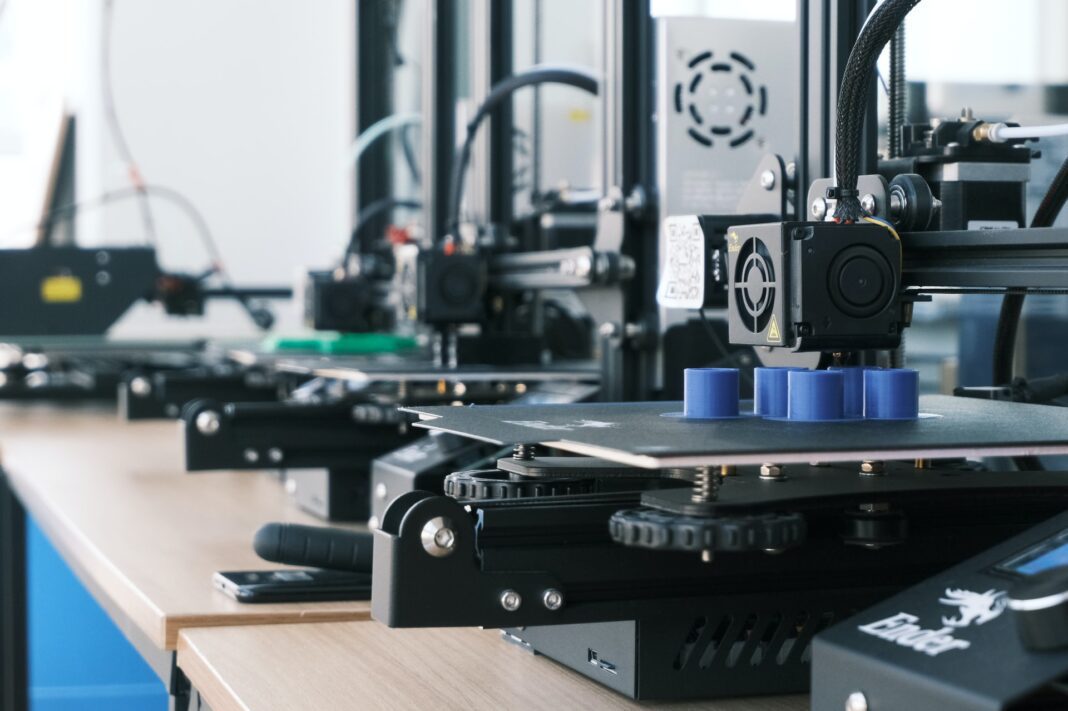Injection Molded Parts: The medical and pharmaceutical industries are constantly looking for new and innovative ways to improve their customers’ products. One way that these industries are always seeking to improve their products is by using injection molded parts.
Injection molded parts are a great way to create precise, high-quality parts for medical and pharmaceutical products. This technology uses a mold to create a part of the product in a single step. This process is faster and more efficient than traditional manufacturing processes, resulting in a higher-quality product. Here’s everything you need to know about injection molded parts for the medical and pharmaceutical industries.
The Advantages of Injection Molded Parts
Injection molding has several advantages over traditional manufacturing processes. Some of the benefits of using injection molded parts include:
- Increased Efficiency. Injection molding is a more efficient process than traditional manufacturing techniques. It can produce a part in a single step, which reduces the amount of time and labor required to create the part.
- Increased Quality. Injection molded parts are typically higher quality than parts created through traditional manufacturing processes. This is because the molding process creates a part with very precise dimensions.
- Better Appearance. Injection molded parts typically have a more polished appearance than parts created through traditional manufacturing processes.
The Disadvantages of Injection Molded Parts
While injection molded parts have several advantages over traditional manufacturing techniques, they also have a few disadvantages:
- Expensive Equipment. Injection molding requires expensive equipment, prohibitive for smaller businesses.
- Not Suitable For All Parts. Injection molding is not suitable for all parts. Some parts are best created through traditional manufacturing techniques.
How Injection Molded Parts Are Used in the Medical & Pharmaceutical Industries
Injection molded parts can be used in various ways in the medical and pharmaceutical industries. Some of the most common ways that injection molded parts are used in these industries include:
Medical Devices
Injection molded parts are often used in the production of medical devices. They are used to create precision parts that need to meet high-quality standards.
For example, injection molded parts are often used to produce pacemakers and other medical implants. Additionally, parts that need to be sterilized, such as syringes and medical tubing, are often made using injection molding.
Pharmaceutical Packaging
Injection molded parts are also commonly used in the production of pharmaceutical products. Pharmaceutical packing products, such as blister packs and bottles, often require complex parts that need to meet rigorous quality standards.
Injection molded parts are ideal for producing these parts, as they can be made with precise dimensions and a high degree of accuracy. Additionally, many pharmaceutical products require parts resistant to harsh chemicals and other environmental factors. Injection molded components are well-suited for this type of application, as they can be made from various materials that can withstand these conditions.
Importance of Injection Molded Parts in the Medical & Pharmaceutical Industries
Injection molded parts are a crucial part of the medical and pharmaceutical industries. They are used to create precision parts that meet high-quality standards. Injection molded parts are also used to create durable and attractive packaging for pharmaceutical products.
Considerations for Choosing an Injection Molding Company
When choosing a company to create injection molded parts for your medical or pharmaceutical product, there are several things you should consider:
- Experience. The company you choose should have experience creating injection molded parts for medical and pharmaceutical products. It’s important to work with a company that understands the unique needs of these industries.
- Quality. The company you choose should have a high-quality reputation and be able to produce injection molded parts that meet your specific requirements.
- Capability. The company you choose should create the type of injection molded parts you need for your product.
- Cost. The company you choose should offer a competitive price with other companies in the industry.
Tips for Injection Molded Parts
Here are a few tips for ensuring that your injection molded parts meet your specific requirements:
- Communicate with the company you choose to make sure they understand your exact needs.
- Ensure the company has experience creating injection molded parts for medical and pharmaceutical products.
- Request samples of their work to see the quality of their work.
- Check the company’s pricing to make sure it is competitive with other companies in the industry.
- Research the company to make sure it has a good reputation.
Bottom Line
Nowadays, injection molded parts are an important component of the medical and pharmaceutical industries. They are used to create precision parts that meet high-quality standards and durable and attractive packaging for pharmaceutical products.
With more developments in these industries, injection molded parts will likely play a key role.

